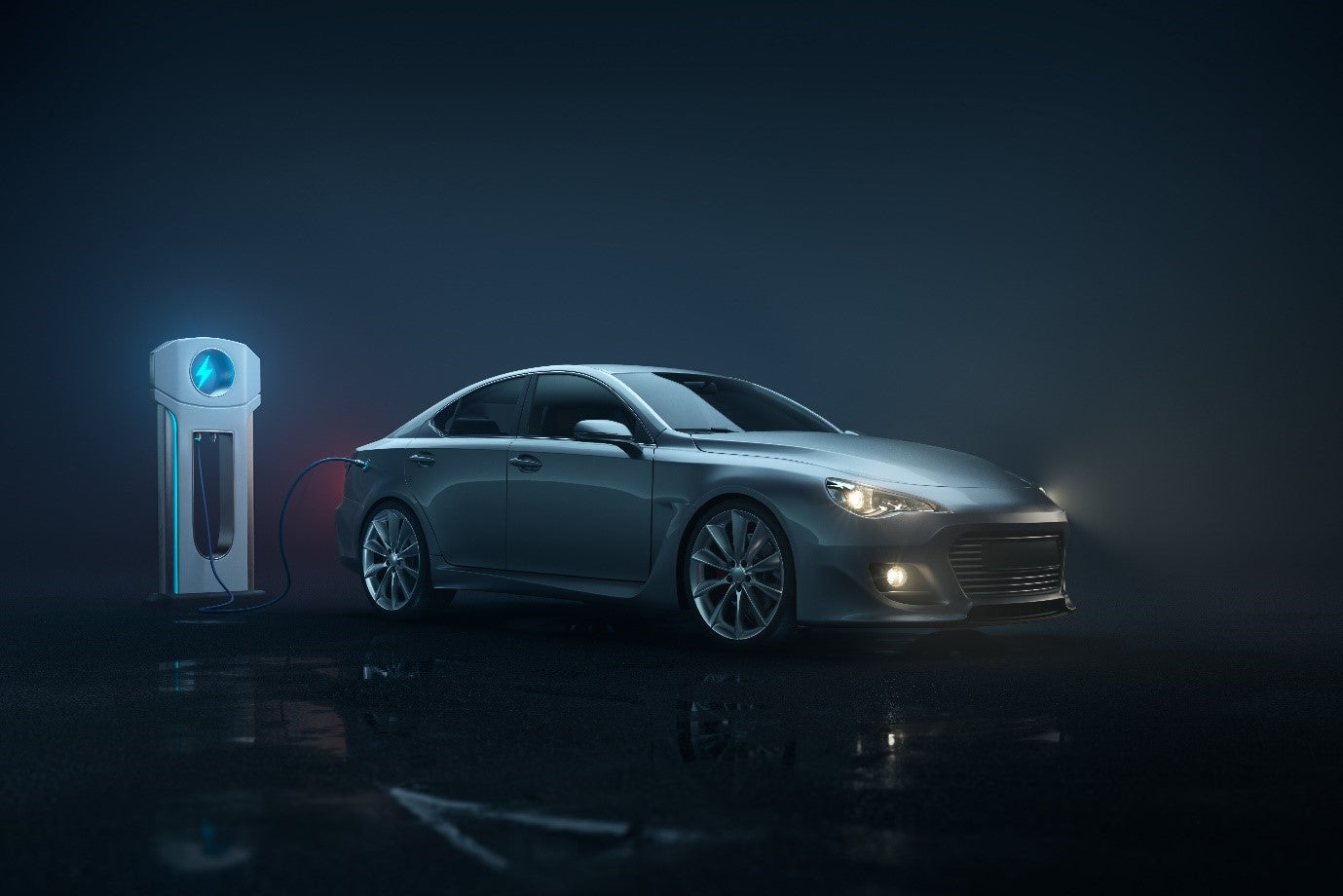
Purchasing a vehicle is a significant investment, and buying a car in Australia can be an overwhelming process for first-time buyers and seasoned motorists alike. This comprehensive guide is designed to help you navigate the car-buying journey, providing essential information, strategies, and tips to ensure a smooth and successful purchase.
The Research Phase
Determining Your Needs and Budget
Before you begin browsing the market, take some time to evaluate your needs and establish a budget. Consider factors such as the size of your family, the distance of your daily commute, and the type of driving you typically do. These considerations will help you narrow down your search and select a vehicle that aligns with your lifestyle and financial constraints.
Choosing the Right Vehicle Type
With so many options available, selecting the ideal vehicle type can be a challenge. Start by considering the primary purpose of your car, whether it be for daily commuting, family outings, or off-road adventures. Common vehicle types include sedans, hatchbacks, SUVs, and utes. Each type offers unique benefits and drawbacks, so understanding your priorities will help you make the best decision for your needs.
New vs. Used Cars
Another critical choice when buying a car in Australia is whether to purchase a new or used vehicle. New cars come with the latest features and a manufacturer's warranty but often carry a higher price tag. On the other hand, used cars can be more affordable but may require additional maintenance and have a shorter lifespan. Evaluate the pros and cons of each option based on your budget, preferences, and risk tolerance.
Comparing Vehicles and Features
Once you have identified your preferred vehicle type and decided between new and used, start comparing different makes and models. Research safety ratings, fuel efficiency, performance, and reliability, and create a shortlist of vehicles that meet your criteria. Additionally, consider the features you desire, such as infotainment systems, driver assistance technology, and interior amenities.
Financing Your Vehicle Purchase
Understanding Your Financing Options
When purchasing a car, you can choose between paying cash upfront, obtaining a loan, or leasing the vehicle. Each option has its advantages and disadvantages. Paying cash eliminates interest payments but may deplete your savings. Financing through a loan allows for smaller monthly payments but can result in higher overall costs due to interest. Leasing often requires lower monthly payments but does not result in ownership at the end of the term. Carefully assess your financial situation and long-term goals before selecting the most suitable financing option.
Securing a Loan
If you choose to finance your vehicle purchase, it is essential to shop around for the best loan terms and interest rates. Consult with banks, credit unions, and online lenders to compare offers and determine which loan best suits your needs. Remember to consider factors such as the loan term, interest rate, and any additional fees when making your decision.
The Purchasing Process
Where to Buy: Dealerships vs. Private Sellers
When it comes to purchasing a vehicle, you have two primary options: buying from a dealership or a private seller. Dealerships offer a range of new and used cars, often providing warranties and additional services such as financing options. However, they may charge higher prices compared to private sellers. Buying from a private seller can result in better deals but may require more diligence, as there is less consumer protection in place.
Test Drives and Inspections
Before finalizing your purchase, it's crucial to test drive the vehicle and conduct a thorough inspection. Test driving allows you to assess the car's performance, comfort, and suitability for your needs. When inspecting the vehicle, check for any signs of damage, rust, or wear, and request a vehicle history report to uncover any previous accidents or issues. If you're purchasing a used car, consider hiring a professional mechanic to conduct a pre-purchase inspection to ensure the vehicle is in good condition.
Negotiating the Price
Negotiating the price of a vehicle can be an intimidating process, but with research and preparation, you can secure a fair deal. Research the market value of the car you're interested in and use that information as a starting point for negotiation. Be prepared to walk away if the seller is unwilling to meet your terms, and don't be afraid to explore other options.
Finalizing the Deal
Once you've agreed on a price, review the contract carefully before signing. Ensure all negotiated terms are accurately reflected in the agreement and verify that there are no hidden fees or charges. If financing the vehicle, make sure to review the loan terms and confirm that they match what was initially discussed.
Post-Purchase Considerations
Registration and Insurance
After purchasing your vehicle, it's essential to register the car and obtain insurance coverage. Registration requirements and costs vary by state and territory in Australia, so consult your local transportation authority for specific details. Additionally, research various insurance providers and policies to find the most suitable coverage for your needs and budget.
Maintenance and Warranties
Regular maintenance is crucial to preserving the performance, safety, and resale value of your vehicle. Familiarize yourself with the recommended maintenance schedule and adhere to it as closely as possible. If your car comes with a warranty, ensure that you understand the terms and coverage provided to avoid any surprises down the road.
Conclusion
Purchasing a vehicle in Australia is a complex process that requires careful research, planning, and decision-making. By following the tips and strategies outlined in this guide, you can confidently navigate the car-buying journey and ultimately find the perfect vehicle to suit your needs and budget.


Share:
The benefits of Apple Carplay installed by a professional
Apple Carplay user reviews: what they really think